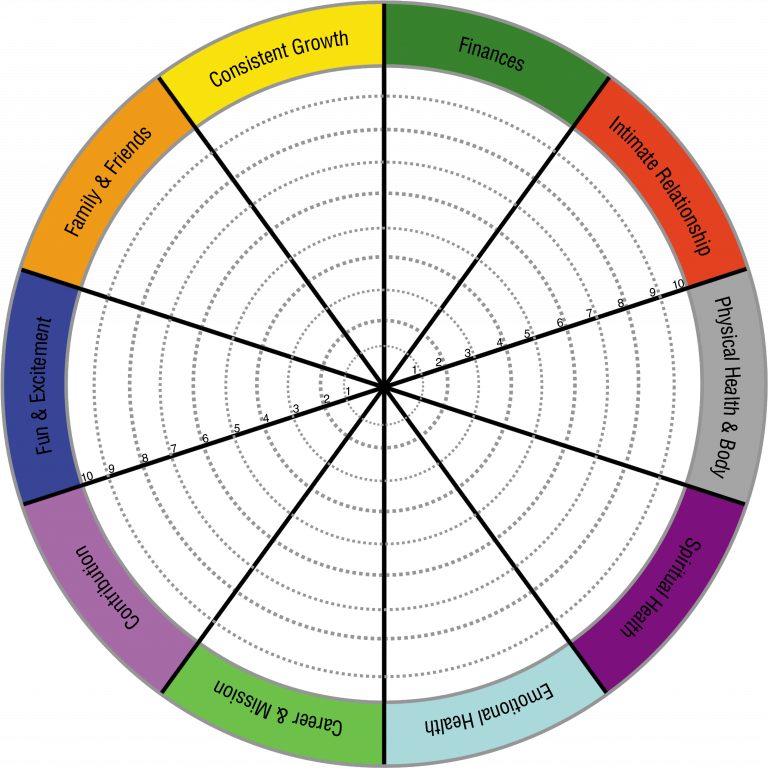In Dubai, countless successful people struggle with imposter syndrome. Behind the scenes, accomplished professionals, from entrepreneurs to executives, constantly feel inadequate despite their evident achievements. These feelings can be particularly intense in a city known for its relentless pursuit of excellence and innovation.
Living in Dubai
In a city where everything is about excellence and achievement, where landmarks like the Burj Khalifa set extraordinary standards, the pressure is real. When everyone around you seems to be doing well, it’s natural to question whether you truly belong, even when you’re clearly succeeding. The city’s rapid growth and competitive environment often amplify these doubts, making even the most accomplished professionals question their worth.
How It Affects Your Work Life
These feelings manifest in real ways at work. You might find yourself passing up amazing opportunities because you’re afraid of being “found out.” Perhaps you’re working yourself to exhaustion trying to prove you belong. Many professionals find themselves brushing off compliments or constantly measuring themselves against colleagues, despite their own impressive achievements. This constant self-doubt can lead to burnout, missed opportunities, and a reluctance to take on new challenges that could further your career.
Breaking Free: The Solution
There’s a way to overcome these challenges. Christina Steinhoff, a leading imposter syndrome therapist in Dubai, specializes in helping professionals overcome these feelings. The goal isn’t to eliminate all self-doubt – it’s about developing a realistic understanding of your genuine capabilities and contributions. Through specialized coaching, professionals learn to recognize their authentic value and develop strategies to manage moments of doubt effectively.
Building Your Confidence Foundation
Think of confidence like building a house—it needs a solid foundation. Through coaching, professionals learn to identify and challenge self-doubting thoughts. You begin to see your achievements for what they really are—the result of your skills and hard work, not luck or timing. This process involves developing practical tools and techniques for managing self-doubt while building authentic self-assurance based on real achievements.
The Ripple Effect
Working through imposter syndrome creates positive changes beyond your career. As your professional confidence grows, relationships improve, work-life balance becomes more achievable, and you begin truly enjoying your successes rather than questioning them. This transformation often leads to improved leadership abilities, better decision-making, and more authentic professional relationships.
Taking the First Step
Experiencing imposter syndrome, especially in a high-achieving environment like Dubai, is remarkably common. While taking the first step toward addressing these feelings might feel daunting, seeking professional support is a sign of strength, not weakness. Understanding that these feelings are shared by many successful professionals can help normalize the experience and make it easier to seek help.
Professional Support: Your Personal Confidence Trainer
Just as you might work with a personal trainer to reach fitness goals, working with a professional coach helps build lasting confidence. With expert guidance, these feelings of inadequacy can turn into motivation for growth while acknowledging your existing achievements. The right professional support provides structure and accountability in your journey toward authentic confidence.
The path to overcoming imposter syndrome begins with acknowledging these feelings and understanding that support is available. Professional imposter syndrome therapists in Dubai, like Christina, specialize in helping transform self-doubt into authentic confidence. Through dedicated work and professional guidance, you can develop the resilience needed to fully embrace your achievements and continue growing in your career.
Contact Christina Steinhoff today to get started on changing your life and overcoming imposter syndrome.


